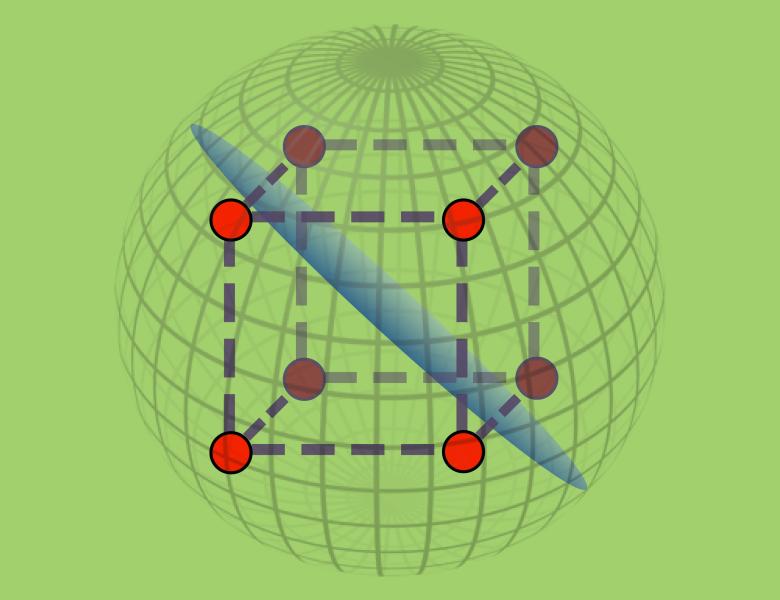
Abstract
The projection games problem is the following problem in combinatorial optimization:
Given a bipartite graph G=(A,B,E), sets of labels Sigma_A, Sigma_B to the vertices, and functions pi_e:Sigma_A->Sigma_B on the edges ("projections"), the goal is to find a labeling of the vertices f_A:A-->Sigma_A, f_B:B-->Sigma_B that satisfies as many of the projections as possible, i.e., for as many e=(a,b) in E as possible pi_e(f_A(a))=f_B(b).
The projection games problem is known to be very hard to approximate: even if there exists a labeling that satisfies all edges, it is NP-hard to find a labeling that satisfies epsilon=o(1) fraction of the edges.
This theorem ("the strong PCP theorem") is the starting point of most optimal NP-hardness of approximation results. In this talk we'll discuss new approximation algorithms for projection games.
This is joint work with Pasin Manurangsi.


